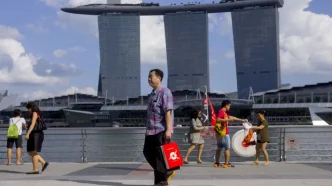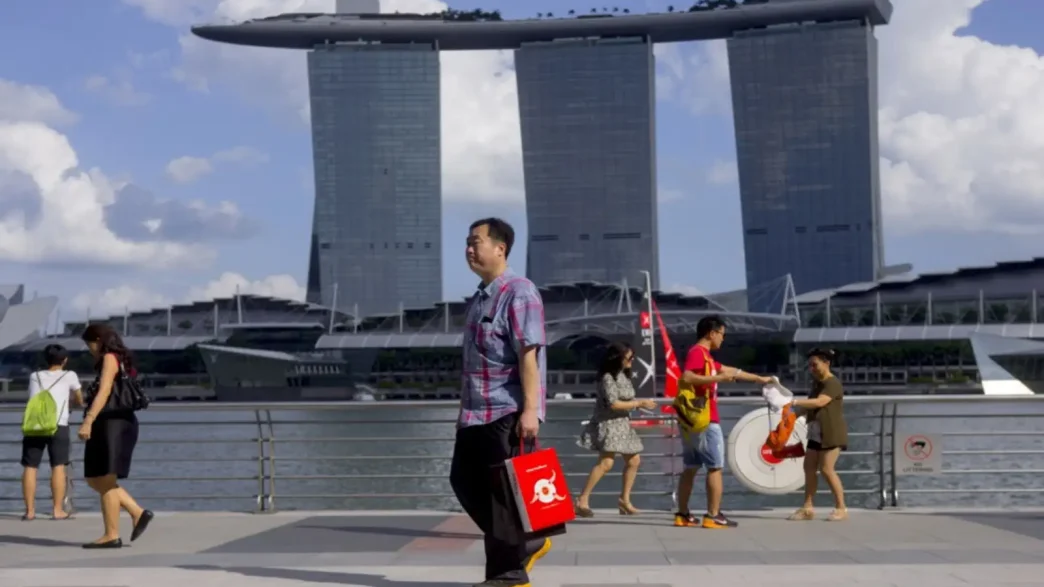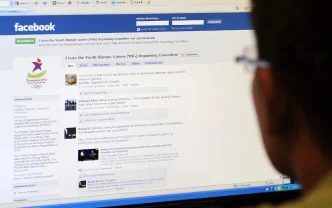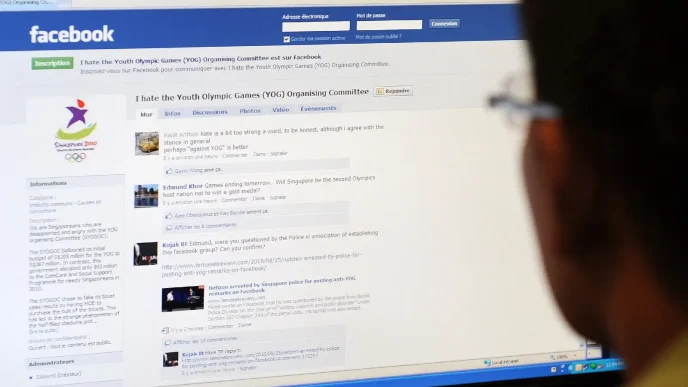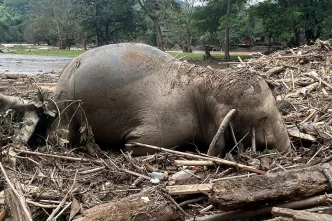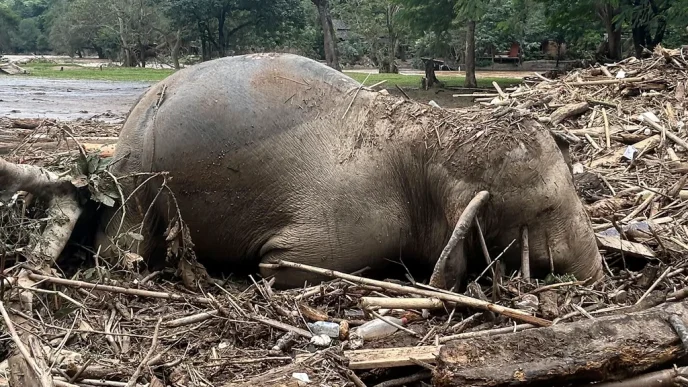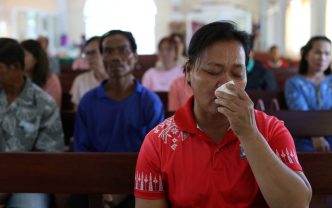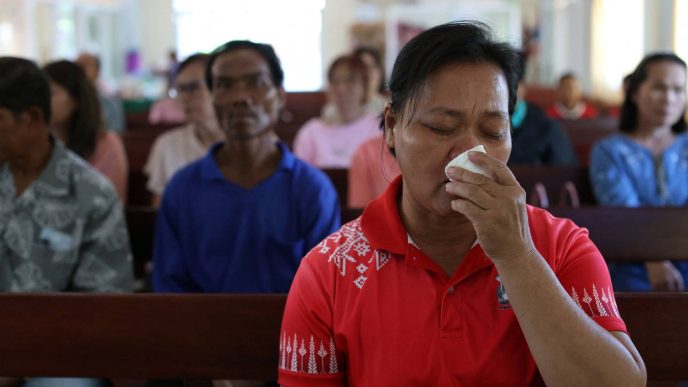Singapore is dominated by citizens of ethnic Chinese origin but has substantial minority populations of Malay and Indian descent. (EPA Images pic)
SINGAPORE: Singapore’s ruling party recruited a younger, more female slate of candidates ahead of the May 3 election in a bid to connect with a changing electorate, but across the political spectrum, efforts to showcase diversity only go so far.
Of the 32 new candidates running next week for the ruling People’s Action Party, 13 are women – the highest proportion of new female candidates since independence in 1965.
Including existing lawmakers, the PAP is fielding 32 women, also a record.
In addition, half of the ruling party’s new faces are under 40 years old.
They’ll help replace 20 lawmakers who are stepping down, including several who had decades in politics.
The newer PAP candidates are part of what Singapore’s ruling party refers to as the “5G”, or the fifth-generation of leaders since independence.
“They will inject fresh energy, new ideas and diverse perspectives to strengthen our team for Singapore,” said 52-year-old Prime Minister Lawrence Wong, who succeeded Lee Hsien Loong in May last year and represents the country’s fourth generation of leaders.
Women currently make up just under 30% of Singapore’s parliament, ranking it 73rd in the world, according to data collected by Inter-Parliamentary Union Parline.
That puts the country of about 6 million people just ahead of the US and behind Vietnam.
Opposition groups say the ruling party’s dominance – even the PAP’s opponents concede the party will retain its hold on power – makes it tougher for them to recruit across the spectrum of Singapore’s multiethnic, multilingual society.
Just six of the Workers’ Party 26 candidates are female.
Hazel Poa, vice-chair of the opposition Progress Singapore Party, told the Straits Times that some younger potential candidates worry that in a country where the PAP has dominated for six decades, running against the ruling party might hurt their career prospects.
But the Workers’ Party also emphasised the diversity of experiences its candidates bring to the race.
They include Alia Mattar, a 43-year-old lawyer and working mother who began volunteering with the party a year ago.
And Jackson Au, a 35-year-old who works on communications and corporate affairs for the London Stock Exchange Group Plc.
The ruling PAP has also highlighted the private sector experience several of their candidates would bring to public office.
After solidifying its position in power over 60 years, some analysts said diversity expectations are higher for the ruling party than the opposition.
“The PAP clearly knows that it has to be more diverse in terms of its party list of candidates because it has to deal with legitimate concerns of group think,” said Eugene Tan, associate professor of law at Singapore Management University.
But efforts to broaden the candidate slates don’t extend to sexual orientation – none of the candidates from the major parties this year openly identify as LGBTQ.
That may reflect a stronger strain of conservatism in Singapore, which only decriminalised gay sex in 2022.
Also less publicly discussed is ethnic diversity – Singapore is dominated by citizens of ethnic Chinese origin but has substantial minority populations of Malay and Indian descent.
The major parties have representatives from all three blocs.
Each group constituency – where multiple candidates get elected for a party in one voting district – is required to have at least one non-ethnic Chinese citizen on its slate.
Ultimately, some analysts questioned whether diversity on its own is a core issue for voters in a city state which prides itself on having built a wealthy, stable meritocracy, one in which cost-of-living pressures have moved front-and-centre.
“Singaporeans are very pragmatic,” said Felix Tan, a local political observer.
They primarily want to know “who has the skill set, who is able to provide me with the solutions?”
